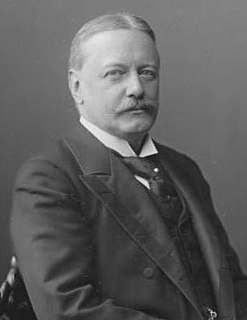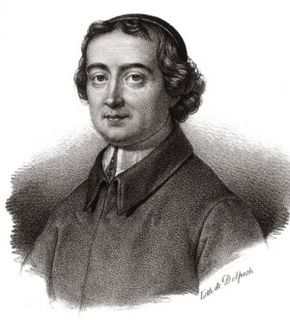A Quote by Dorothea Dix
The lovely daisy, so justly celebrated by European poets, is not a native of our soil; we know it well, however, by cultivation in our gardens and green houses; besides, we are disposed to remember it for the sake of those who have sung its praises in immortal verse.
Related Quotes
What is love?” “I don’t know.” “Love is the name given to the bond Kemal feels with Füsun whenever they travel along highways or sidewalks; visit houses, gardens, or rooms; or whenever he watches her sitting in tea gardens and restaurants, and at dinner tables.” “Hmmm … that’s a lovely answer,~ But isn’t love what you feel when you can’t see me?” “Under those circumstances, it becomes a terrible obsession, an illness.
Strange is our situation here on Earth. Each of us comes for a short visit, not knowing why, yet sometimes seeming to divine a purpose. From the standpoint of daily life, however, there is one thing we do know: that man is here for the sake of other men - above all for those upon whose smiles and well-being our own happiness depends.
I wouldn’t expect you to get it, Daisy. You don’t look at anything besides Photoplay—and even then somebody’s gotta explain the pictures to you.” Daisy’s mouth hung open in outrage. “Well, I never!” “Yeah, that’s what you tell all your fellas, but the rest of us aren’t buying it. Go away, now, Daisy. Shoo, little fly!
When we are green, still half-created, we believe that our dreams are rights, that the world is disposed to act in our best interests, and that falling and dying are for quitters. We live on the innocent and monstrous assurance that we alone, of all the people ever born, have a special arrangement whereby we will be allowed to stay green forever
And pomp, and feast, and revelry, With mask, and antique pageantry, Such sights as youthful poets dream On summer eves by haunted stream. Then to the well-trod stage anon, If Jonson's learned sock be on, Or sweetest Shakespeare, Fancy's child, Warble his native wood-notes wild, And ever, against eating cares, Lap me in soft Lydian airs, Married to immortal verse Such as the meeting soul may pierce, In notes with many a winding bout Of linked sweetness long drawn out.
But we were born of risen apes, not fallen angels, and the apes were armed killers besides. And so what shall we wonder at? Our murders and massacres and missiles, and our irreconcilable regiments? Or our treaties whatever they may be worth; our symphonies however seldom they may be played; our peaceful acres, however frequently they may be converted into battlefields; our dreams however rarely they may be accomplished. The miracle of man is not how far he has sunk but how magnificently he has risen. We are known among the stars by our poems, not our corpses.






































